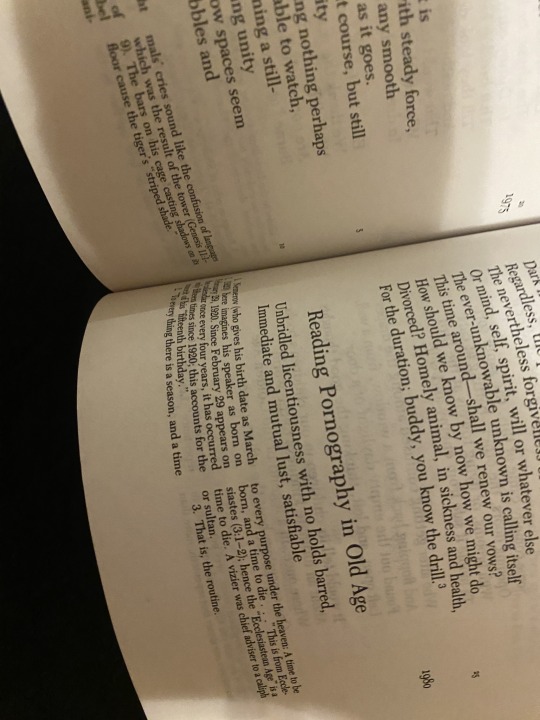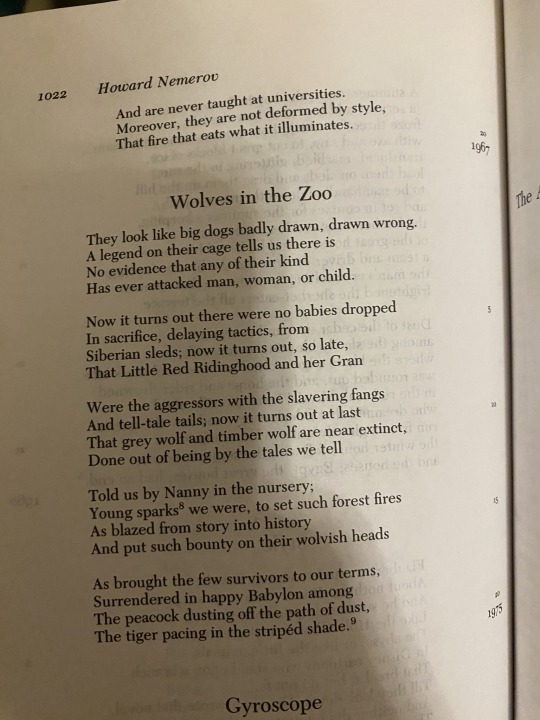#howard nemerov
Text
It may be said that poems are in one way like icebergs: only about a third of their bulk appears above the surface of the page.
Howard Nemerov
3 notes
·
View notes
Text
ADVICE FOR WRITERS
“Write what you know. That should leave you with a lot of free time.” – Howard Nemerov
7 notes
·
View notes
Text

Howard Nemerov, February 29, 1920 – July 5, 1991.
Reading “To the Congress of the United States Entering its Third Century, With Preface” in 1989.
5 notes
·
View notes
Text
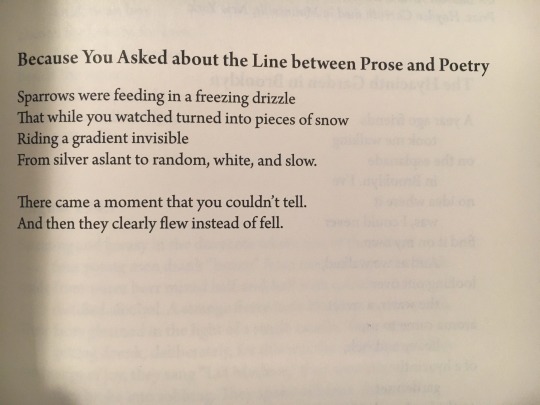
Howard Nemerov, "Because You Asked about the Line between Prose and Poetry"
6 notes
·
View notes
Photo
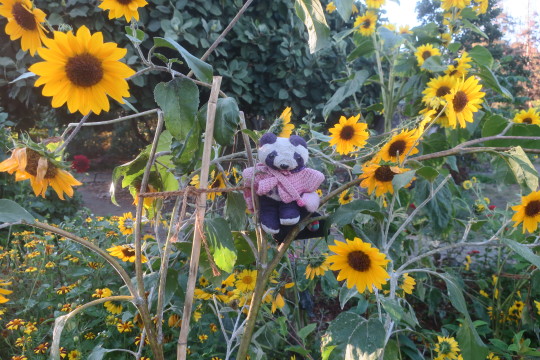
“Sunflowers, traders rounding the horn of time
Into deep afternoons, sleepy with gain.”
----Howard Nemerov
4 notes
·
View notes
Text
A poem by Howard Nemerov
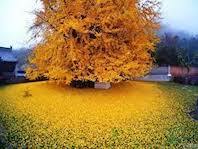
The Consent
Late in November, on a single night
Not even near to freezing, the ginkgo trees
That stand along the walk drop all their leaves
In one consent, and neither to rain nor to wind
But as though to time alone: the golden and green
Leaves litter the lawn today, that yesterday
Had spread aloft their fluttering fans of light.
What signal from the stars? What senses took it in?
What in those wooden motives so decided
To strike their leaves, to down their leaves,
Rebellion or surrender? and if this
Can happen thus, what race shall be exempt?
What use to learn the lessons taught by time,
If a star at any time may tell us: Now.

Howard Nemerov
(1920-1991)
1 note
·
View note
Note
Loved your mentioning of learning poetry by heart: this is something I haven’t done since school! What are some of your favs that you’d suggest to ease my brain back into it?
(Française ici donc les options 🇫🇷 autant que anglais sont welcome :) merci!)
Hi :) You can look at the poem tag of my quote blog if you want—some of the ones I've learnt by heart (or excerpts from them) include this one by Sara Teasdale - Nanao Sakaki - Velimir Khlebnikov - Wallace Stevens - Rabindranath Tagore - Archibald Macleish - Howard Nemerov - and these paragraphs by Henri Peña-Ruiz which I consider prose poetry... My favourite French verses (from Corneille, Aragon, Anna de Noailles, Hugo, Valéry...) are all alexandrines and I find it to be the easiest type of verse to remember, as the structure is so rigorous and consistent. I sometimes translate English poems into alexandrines (like this one) to make them easier to learn in this more familiar form—I think even after all this time English prosody still feels foreign to me; the patterns of sound and rhythm in French are more deeply embedded in my brain so it can more easily predict what comes next...
Re: easing your brain into it, I guess that depends on your style of learning? For me the best way to learn a text is to spend time with it in written form, be it by translating it, or by writing it down by hand (slowly) and then (sometimes) keeping it for a while in a place where I often stand idle, like taped to my microwave so I re-read it as I wait 1 minute for something to heat up.
One thing I like about learning poems is that it's a costless, always-accessible way to get a sense of personal accomplishment. Beyond that, I've got three categories of poems I like to learn for different reasons—I'll go into some detail in case it can help you figure out what you're after :)
1. Classic poetry, because it's just fun to have little snippets of ancient tragedies or epic Victor Hugo poems living at the back of your mind and accompanying you through your own everyday tragedies—as an overdramatic person who tends to feel devastated or exasperated over tiny stuff, it helps me to take some distance from my feelings. Like if I spill a bucket of manure on my boots and my first reaction is rage and despair and my second thought is a couple of verses by Euripides where Iphigenia bemoans her relentless fate, it's a way to make fun of (and get over) myself.
My grandmother did this a lot, she knew so many poems by heart and often used them ironically. If I went whining to her when I was little she'd recite to me the last few verses of Alfred de Vigny's La Mort du Loup (it sounds better in the original but):
[...] With all your being you must strive
To that highest degree of stoic pride [...]
Weeping or praying—all this is in vain.
You must instead shoulder your long and heavy task
In the way that Destiny has seen fit to ask
Then suffer and die without complaint.
(Let me tell you, that's just what a five-year-old wants to hear after scratching her knee at the park) But really I admired this treasury of poetry she carried within her, especially as she only went to school until age 14 and came upon most of it thanks to her own curiosity; as well as the way she used it playfully in everyday life, using dramatic classical verse to de-dramatise minor annoyances.
2. Nature poems are great in the opposite way, to magnify minor positive things :) Like seeing a fox and having a few lines by Mary Oliver come to mind, seeing a frog and thinking of that Basho haiku... I recently discovered Jean-Michel Maulpoix and I also love his nature poems, like 'The recovery of blue after a downpour', the way he describes snow melting in the spring, or golden-blue evenings:
[Snow] takes some time to leave, but delicately.
She doesn’t insist, hardly persists,
never roots…
She gives way.
No one else dies so merrily
With such good humour
Unmatched is her disdain for eternity…
L’azur, certains soirs, a des soins de vieil or. Le paysage est une icône. Il semble qu’au soleil couchant, le ciel qui se craquelle se reprenne un instant à croire à son bleu.
3. And then there are the poems that proudly serve no purpose. <3 I mean beyond distilling language in a beautiful way. No deep meaning—or no meaning at all, e.g. surrealist poetry. I learnt this passage from Les Champs magnétiques back in middle school:
La fenêtre creusée dans notre chair s'ouvre sur notre cœur. On y voit un immense lac où viennent se poser à midi des libellules mordorées et odorantes comme des pivoines. Quel est ce grand arbre où les animaux vont se regarder ? Il y a des siècles que nous lui versons à boire. . . Prisonniers des gouttes d'eau, nous ne sommes que des animaux perpétuels. . . Nous ne savons plus rien des astres morts ; nous regardons les visages. . . Quelquefois, le vent nous entoure de ses grandes mains froides et nous attache aux arbres découpés par le soleil.
—and I've often recited it to myself just to enjoy these gratuitously nice sentences that aren't here to deliver information. Like Kay Ryan said, "Poetry makes nothing happen. That's the relief of it." It's a nice break, a way to remember that communicating isn't all language is for; beyond the social dimension there's also an intimate one that relies on our own aesthetic sensitivity. Most of the time we look through language, to access ideas, meanwhile enjoying poetry means looking at language, for a change, appreciating it for itself.
I just realised I'm paraphrasing John Brehm here—in The Poetry of Impermanence he wrote something that can be read as an ode to learning things by heart:
When you read lines that seem especially lit up—that move or intrigue you in some way, or that are simply pleasing or even dazzling—don’t focus on being able to formulate a statement about what they might mean, as if you might be called upon to explain the poem, to yourself or to someone else. Just linger with those poems or passages that resonate with you. . . Rest your mind on them; let them live inside you.
276 notes
·
View notes
Text
Things read in April
Essays & Articles:
Oxford comma helps drivers win dispute about overtime pay
Rare insect found at Arkansas Walmart sets historic record, prompts mystery
Gloria Naylor Showed Us the Quiet Monster of Classism in the Black Community
Who Is Still Inside the Metaverse? Searching for friends in Mark Zuckerberg’s deserted fantasyland.
Striking Workers Are Bringing Back 1970s 'Mindfuck' Tactics
My Friend, Killer Bob
An Edible History of the Club Sandwich
Rodents of Unusual Size From ‘The Princess Bride’ Are Actually Real
Publishing company will offer free Black history e-books, especially in Florida
'Mischievous Responders' Confound Research On Teens
$388 in Sushi. Just a $20 Tip: The Brutal Math of Uber Eats and DoorDash
Poetry:
Joy Passed Down by Farah Lawal Harris
Perfect For Any Occasion by Alberto Ríos
Index by Kell Connor
The Lobelias of Fear by Bernadette Mayer
Lockdown Garden by Arvind Krishna Mehrotra
Grace by Sarah Gambito
My Grandma Told Stories or Cautionary Tales by Marlanda Dekine
Miglena's Tales by Catching Lines
A Boy Can Wear A Dress by John Bosworth
A Primer of Daily Round by Howard Nemerov
A Poem for S. by Jessica Greenbaum
In the Season of Pink Ladies by Sayuri Ayers
Notes on the Peanut by June Jordan
The Windhover by Gerard Manley Hopkins
One Boy Told Me by Naomi Shihab Nye
Sonnet by Jill Alexander Essbaum
Sonnet by Robert Hass
Heat by Denis Johnson
Sonnet by Alice Notley
The List of Famous Hats by James Tate
History Lesson by Iduna Paalman
Bow before the mountain ash by Olli Heikkonen
The Melon by Charles Simic
Where the Ponies Come to Drink by Henry Herbert Knibbs
When They've Finished Shipping Cattle in the Fall by Bruce Kiskaddon
Fairy Tale with Laryngitis and Resignation Letter by Jehanne Dubrow
Authentic Fake by Mia You
Books & Short Stories:
The Fly by George Langelann
Iphigenia Crash Land Falls On The Neon Shell That Was Once Her Heart by Caridad Svich
The Labyrinth by Catherynne M. Valente
Coraline by Neil Gaiman
A Feast for Flies by Leigh Harlen
Little Sister by Kara Dalkey
246 notes
·
View notes
Text



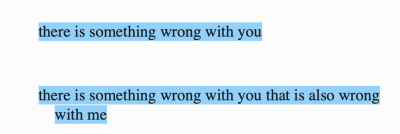
my father loves my mother. it infuriates me.
howard nemerov the collected poems of howard nemerov: “the vacuum” \\ rosa linn snap \\ @sunmotifs \\ lindsay bird
kofi
#on fathers#on mothers#this is a very niche one#oversharing way too much and wondering how long i will keep this up#like i know it's good that he loves her but when he expresses it it just angers me so much and i don't know why#to the point where if he's hugging her or something i have to look away#i feel like a horrible person when i feel like that#maybe this is something i should be talking to a therapist about rather than tumblr#on father#on dad#on dads#on mother#on mom#on families#mine#my webweaving#webweaving#web weaving#webweave#web weave#ww#web#webs#parallel#parallels#parallelism#compilation#compilations#intertextuality#on self
593 notes
·
View notes
Text
a syllabus for understanding the psyche of ieva feytouched
movies
the lord of the rings trilogy (must watch more than 1x)
emma (2020)
marie antoinette (2006)
the royal opera house's nutcracker (2018 production)
anime
mushishi
howl's moving castle
books pt. 1: for thinking
letters on cézanne, rainer maria rilke
the book of hours, rainer maria rilke
invisible cities, italo calvino
gilgamesh, tr. by sophus helle
books pt. 2: for feeling
the little white horse, elizabeth goudge
the complete book of flower fairies, c. m. barker
the complete brambly hedge, jill barklem
the wind in the willows, kenneth grahame
the last unicorn, peter s. beagle
deathless, c. m. valente
in the night garden, c. m. valente
east of the sun and west of the moon, illustrated by kay nielsen
artworks
carnation, lily, lily, rose, john singer sargent
the execution of lady jane grey, paul delaroche
fireworks in the park, konstantin somov
cafe window, paris, gordon parks
it hurts and i'm lonely, nicholas rae klein
the legend of saint george: the rescue, maximilian liebenwein
poems
the patience of ordinary things, pat schneider
here, there are blueberries, mary szybist
sleeping in the forest, mary oliver
arrhythmia, hailey leithauser
because you asked about the line between prose and poetry, howard nemerov
scents
l'heure bleue (guerlain)
temptation (alkemia)
dorian (bpal)
flavours
umeshu plum wine
smoked salmon toast with cream cheese and dill
homemade poppyseed challah with salted butter
dark chocolate-covered marzipan
moondrop dreams tea by bird and blend
music
marie antoinette OST
the nutcracker, op. 71, act II: no. 14a, pas de deux. andante maestoso - tchaikovsky
mary on a cross - ghost
practical assignments
go horseback riding in nature at least once
swim in the ocean (do not open eyes underwater)
join a game of dungeons & dragons
go on a walk where you pay attention to all the smells you can detect
buy yourself flowers at the supermarket
write a poem and then delete it; write another poem and then post it
draw something that fascinates you every day for a month
travel alone. be homesick. stay homesick when you return home
#about me#these are a few of my favourite things#this has been in my drafts for a while so why not post it. if anyone else wants to steal the format & do this i encourage it!!
32 notes
·
View notes
Text
April 21, 2023: What I Did Wrong, Marie Howe
What I Did Wrong
Marie Howe
Slapped the man’s face, then slapped it again,
broke the plate, broke the glass, pushed the cat
from the couch with my feet. Let the baby
cry too long, then shook him,
let the man walk, let the girl down,
wouldn’t talk, then talked too long,
lied when there was no need
and stole what others had, and never
told the secret that kept me apart from them.
Years holding on to a rope
that wasn’t there, always sorry
righteous and wrong. Who would
follow that young woman down the narrow hallway?
Who would call her name until she turns?
--
2022: This Morning, Jay Wright
2021: Kiss of the Sun, Mary Ruefle
2020: Teaching English from an Old Composition Book, Gary Soto
2019: Easter, Jill Alexander Essbaum
2018: Annunciation, Marie Howe
2017: The Promise, Marie Howe
2016: In the Woods, Kathryn Simmonds
2015: Heat, Jane Hirshfield
2014: What Remains, Ellery Akers
2013: 30th Birthday, Alice Notley
2012: Untitled [I closed the book and changed my life], Bruce Smith
2011: The Forties, Franz Wright
2010: Prayer of the Backhanded, Jericho Brown
2009: A Primer, Bob Hicok
2008: Because You Asked about the Line between Prose and Poetry, Howard Nemerov
2007: Open Letter to the Muse, Kristy Bowen
2006: A Sad Child, Margaret Atwood
2005: The Crunch, Charles Bukowski
14 notes
·
View notes
Text

Reed Whittemore, September 11, 1919 – April 6, 2012.
With Howard Nemerov.
1 note
·
View note
Photo
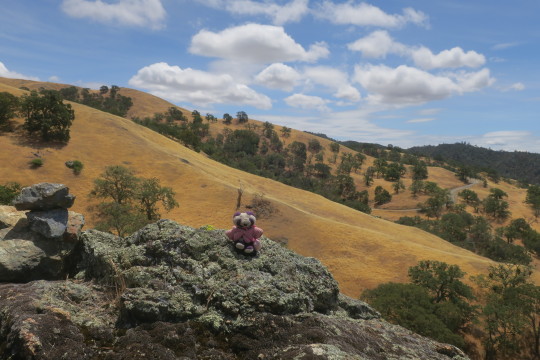
Poems are not
The point. Finding again the world,
That’s the point, where loveliness
Adorns intelligible things
Because the mind’s eye lit the sun.”
----Howard Nemerov
3 notes
·
View notes

